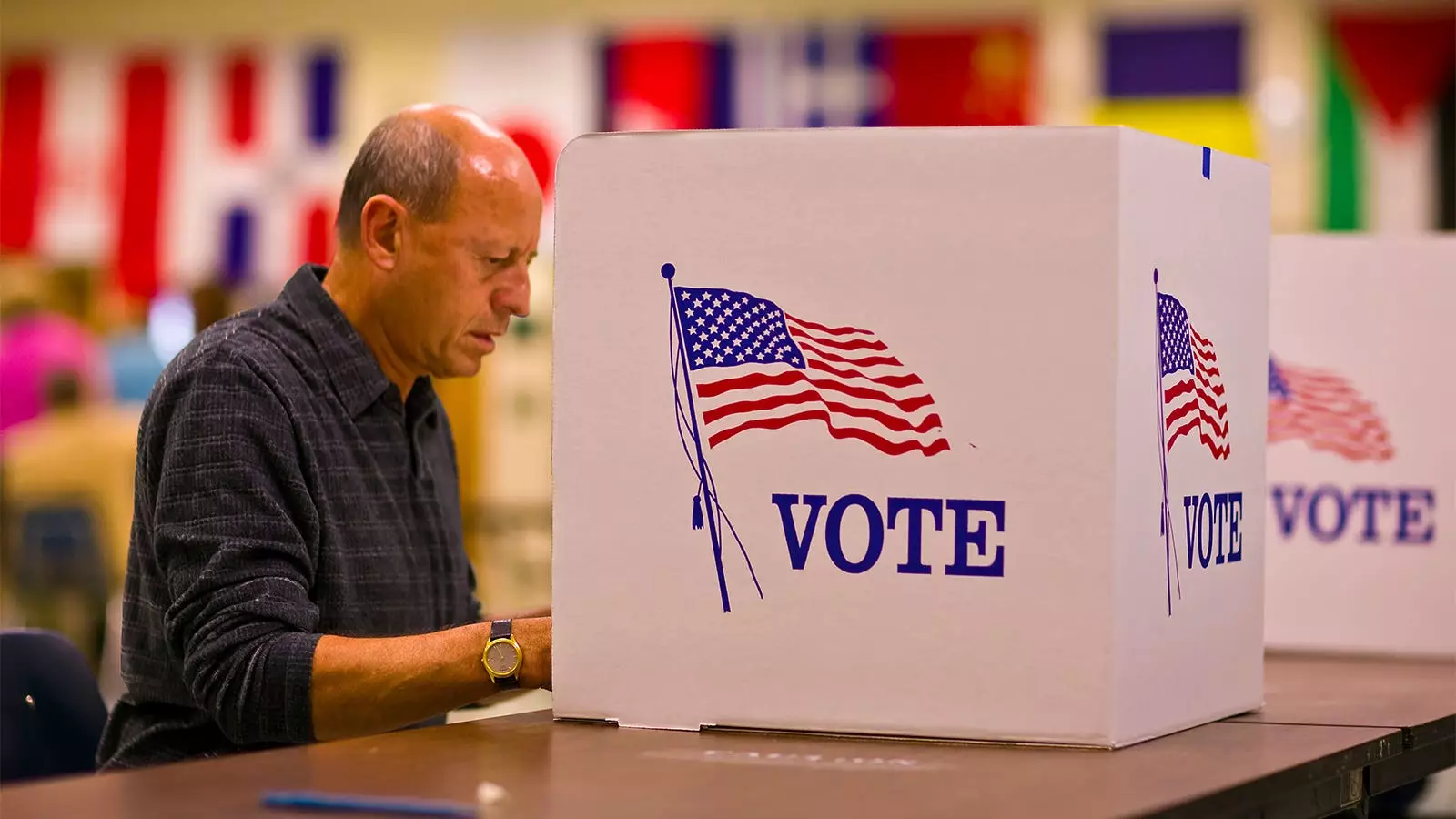Throughout my tenure as a hospice social worker and death doula, I have encountered countless individuals at the brink of life, each with their own story, dreams, and regrets haunting their final days. The experiences I’ve gathered over more than three decades have altered not only my personal perspective on life but also the way I engage with political issues. Faced with an increasingly polarized election atmosphere, I’ve felt compelled to share my unique insights gleaned from the deathbed—insights that could serve as a much-needed ‘voter’s guide.’
It all began in 1994 after earning my Master of Social Work from the University of Southern California. Venturing into the heart of Los Angeles County, I quickly realized that the dying sought not just solace but also connection; they often sought to impart wisdom to someone young, eager, and willing to learn. My youth in these encounters was a double-edged sword—while it brought forth counsel, it also masked the weightiness of the lessons I was about to learn.
Time and again, I have borne witness to profound ruminations of those nearing the end of their lives. A glaring commonality emerged: an overwhelming number of individuals expressed remorse for failing to nurture relationships, appreciating their loved ones, and offering care to those in need. These regrets serve as a poignant reminder of the fundamental need for compassion in a society often fixated on individualism and profit.
Many lamented having prioritized monetary gain and power over genuine human connection. They spoke of a relentless pursuit of wealth that led them to enact policies detrimental to their employees and the community. “I wish I had done life differently,” is a refrain I often heard, a reminder of how misplaced priorities can haunt one’s conscience.
Moreover, numerous individuals voiced a yearning for balance—a desire to escape the grind of relentless work. In a society where time off is often viewed as a luxury, many grieved for opportunities lost to explore the world and savor experiences that truly matter. Economic anxieties often held them captive in a cycle of overwork, leaving them with little time for adventure or self-care.
Interestingly, many expressed deep regret over neglecting their health. In a healthcare landscape fraught with obstacles, they frequently avoided seeking medical attention due to fears related to costs or inadequate insurance. The irony is not lost on me: those who could not afford to prioritize their well-being ended up paying the ultimate price—time, health, and life itself.
Looking through this unique lens has transformed my approach to political engagement, especially as we navigate an important electoral season. It inspires a critical evaluation of candidates and their stances on vital social issues. The regrets shared with me by those facing death have become a guiding framework through which I assess political decisions.
When considering candidates, I ask myself: How committed are they to addressing fundamental human needs such as food, housing, and healthcare? Do they prioritize their constituents’ needs over personal ambition or the pursuit of power? Such an analysis is crucial in today’s political arena, where rhetoric can often drown out genuine compassion and understanding.
As a voter, I demand to know whether candidates are genuinely striving to resolve the healthcare crisis that prevents individuals from seeking necessary treatments. Are they advocating for policies to foster healthier work environments that enable businesses to provide adequate support for their employees, such as fair wages and essential benefits?
Significantly, I contemplate whether they will create a society where the tragedy of avoidable suffering—a struggle borne by the uninsured and underinsured—is alleviated by policies rooted in compassion rather than austerity.
Drawing wisdom from those who have experienced the fragility of life, I believe every voter has the potential to enable meaningful change. Embracing a “deathbed regrets voter guide” can amplify our collective voice, urging candidates to foster an environment of empathy and foresight when creating policies. This profound responsibility extends beyond the confines of government; it is about forging a society where compassion reigns, recognizing that our values shape the world we live in.
As we approach the polls in November, let us honor the lessons of the dying by reflecting carefully on the implications of our votes. Our choices go beyond parties and candidates; they resonate with a vision of what kind of nation we wish to cultivate. With the voices of the dying as our counsel, we might strive for a more compassionate future—one that mitigates regret, fostering a civilization rooted in our shared humanity.


Leave a Reply